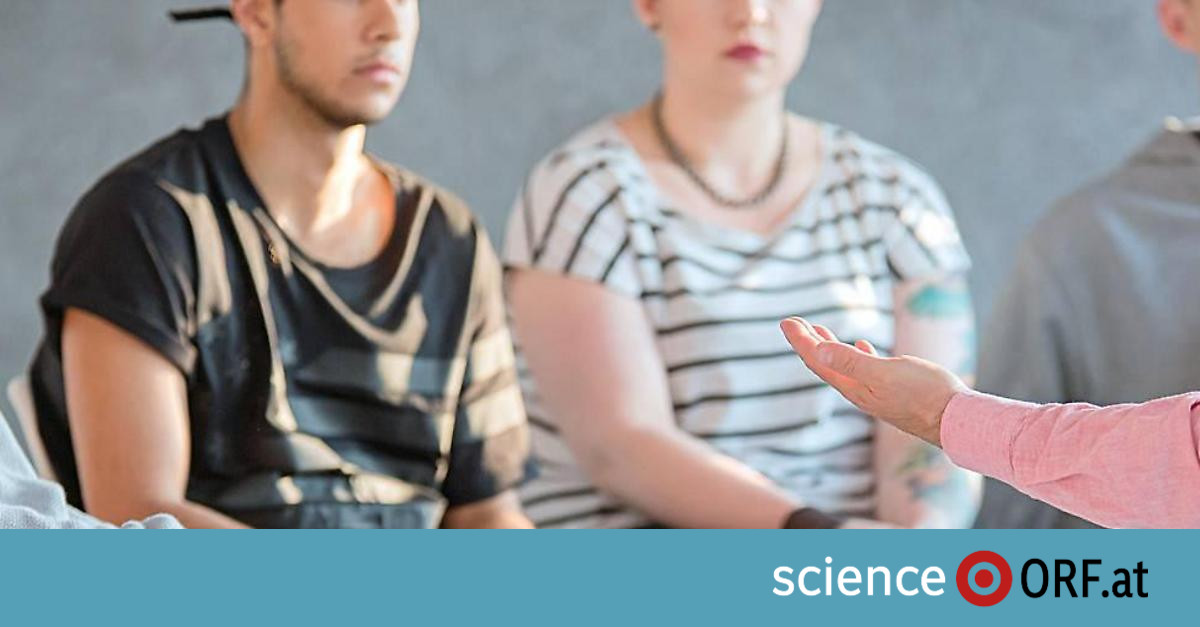“As part of a comprehensive sex education, children and young people should be given information and skills in order to be able to deal responsibly with themselves and others,” says the current one 2015 decree. It is the latest adaptation of the original decree on “Sex Education in Schools”, which was published on November 24, 1970 under Education Minister Leopold Gratz (SPÖ) – exactly 50 years ago.
Not just biology
As is usually the case when it comes to sex education, there were also political skirmishes in the run-up to 2015. Conservative circles feared that too much should be taught about concrete values that contradict their worldview. So the compromise formula was found: “The school should help that children and young people are enabled to develop their own values and respect for other values.”
The decree also emphasized that the imparting of biological factual knowledge is an important part, “but by no means sufficient to meet the holistic requirements of comprehensive school education.” Other subjects should also take care of sex education, not least of all the help of external specialists can be used.
After “Teenstar” now the accreditation process
Exactly these provided political explosive in 2018. After training documents from the external association “Teenstar” with questionable content (including homosexuality as a curable identity problem and harmful self-satisfaction) showed up, the then ÖVP-FPÖ government wanted to completely exclude external associations from school sex education.
The project was done after Ibiza, but as a reaction, the Ministry of Education under Heinz Faßmann (ÖVP) is working on an accreditation procedure to which all sex education associations can apply. “That is very welcome and corresponds to our longstanding demand for quality assurance in sexual education,” says the sex educator Stefanie Rappersberger from the Sex education platform.
Only nine hours per year and class
She generally identifies major gaps in sex education in Austria’s schools. That starts with the knowledge of how sex lessons actually take place. There is only one study on this, and it is from 2015 on Federal Center for Sex Education at the PH Salzburg. She has found that sex education topics are very important to students, their parents and teaching staff in general. However: On average, the teachers of the six to 15-year-olds only spend a little more than nine hours per year and class on the material, and the over 15-year-olds even less than five hours.
The low number of hours in the classroom is reflected in the teacher training. Stefanie Rappersberger complains that there are no compulsory courses, only a few seminars. This is not only in contradiction to the ministerial demand for sex education as a cross-sectional matter, but also to the reality of children’s lives. “You are confronted with sexual content anyway through chat groups and the Internet,” says the psychologist. “Much of what you see is not suitable for the respective age group and is often incorrect – professional sex education offers orientation to classify these experiences and spaces to ask questions about them. Half and false knowledge can be corrected in this way. “
“Talking more than just about intercourse”
But there is often a lack of financial resources and qualifications in the course of study. “Understandably, many teachers feel that they are not adequately prepared for sex education lessons.” The external associations that Rappersberger represents with the Sexual Education Platform often step into this breach.
Her own experiences in the classroom are very positive. If it is possible to create an atmosphere of trust and respect, the pupils will be very interested. The sex pedagogue’s creed: “Sex pedagogy does not just mean talking about sexual intercourse. It should also help to develop communication skills, to formulate needs and to deal with sexuality in a self-determined and responsible manner. “
Sex education is also available online
The coronavirus time is also a particular challenge for sex education. “The majority of young people could fall over to an area of education that is central to their development,” warns the Sexual Education Platform in a broadcast. This is not due to the external clubs, says Rappersberger. Many of them have already adapted to the new situation and have developed online meetings and short videos on sex education topics. “Parents’ evenings in particular have been very well received, as it was easy for many to be there by zooming in.”
Even regardless of the coronavirus, the reality of sex education in Austria’s schools still does not correspond to the spirit of the decree 50 years ago. “The decree offers great opportunities, but these are often not used appropriately,” says Rappersberger.
–


